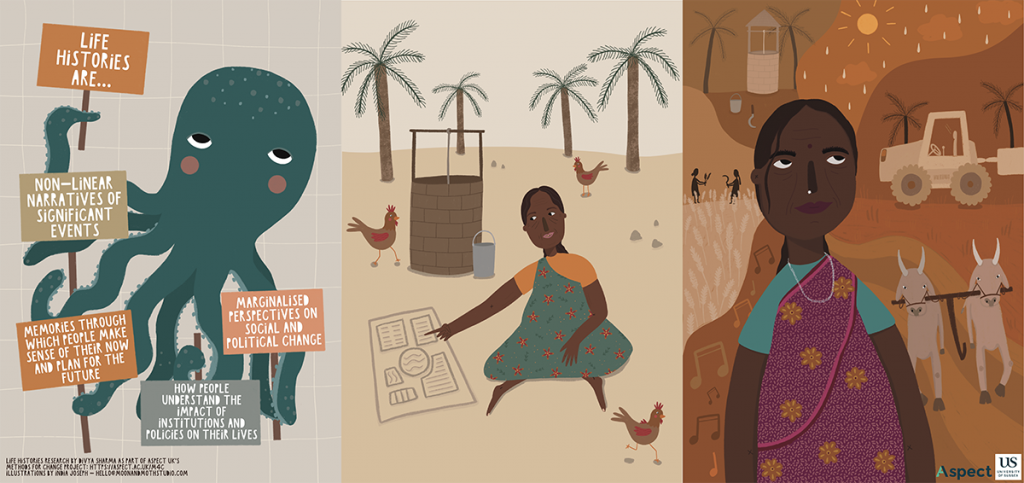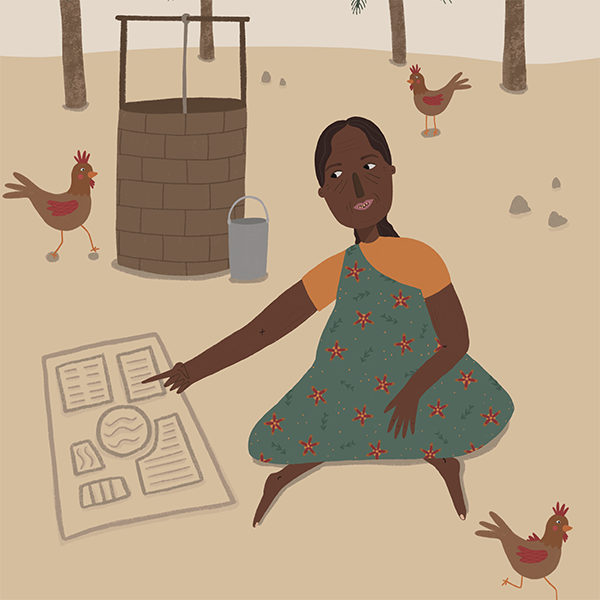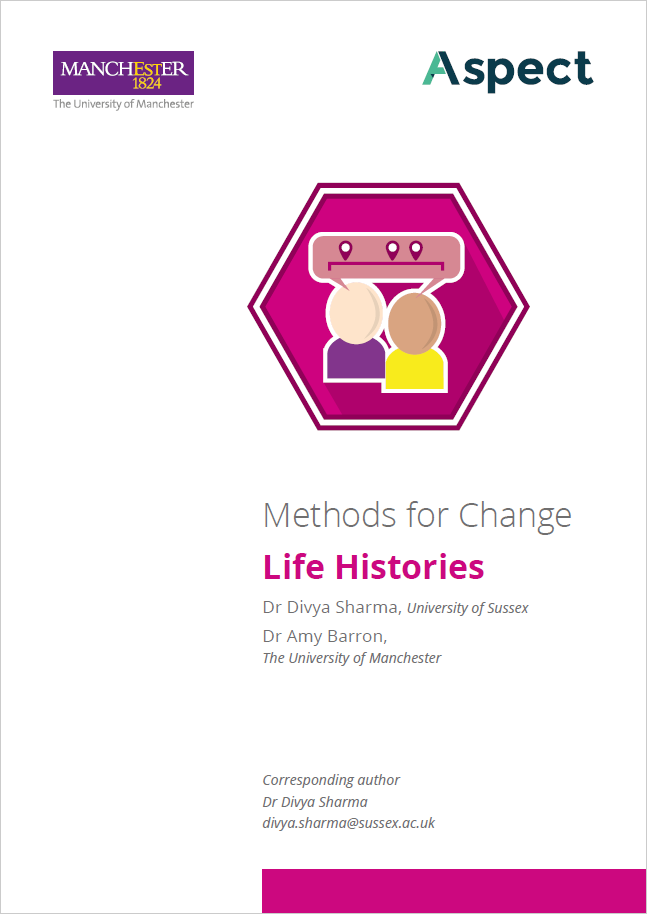Research Method: Life Histories
Life Histories involve talking to people to understand the changes in their lives and how these changes link with broader social and political processes. They aim to get a sense of how participants understand or evaluate these changes in relation to what is happening in the present. Life Histories are used to understand people’s subjective experiences of change and how the past is interpreted to intervene in and make decisions about the present.
In doing so, this method offers a means to understand how the present has been shaped historically, both through participants’ histories and collective memory. Life Histories often involve spending several months in a place, engaging in observation and informal conversations. Spending time with participants allows the researcher to situate individual life histories in a place and to form relationships with a community. Building a rapport over time enables the researcher to foster a more embedded and sensitive approach to researching. Life Histories are not used to unearth a comprehensive or accurate picture of an individual’s life but are rather there to highlight related webs of themes and events that are important to an individual from the vantage point of the present. Because of their subjective nature, each Life History will only ever present a partial picture of something, but a multiplicity of partial pictures can give a better sense of the processes of change in any given context.

You can find all the research outputs from the Methods for Change series here






